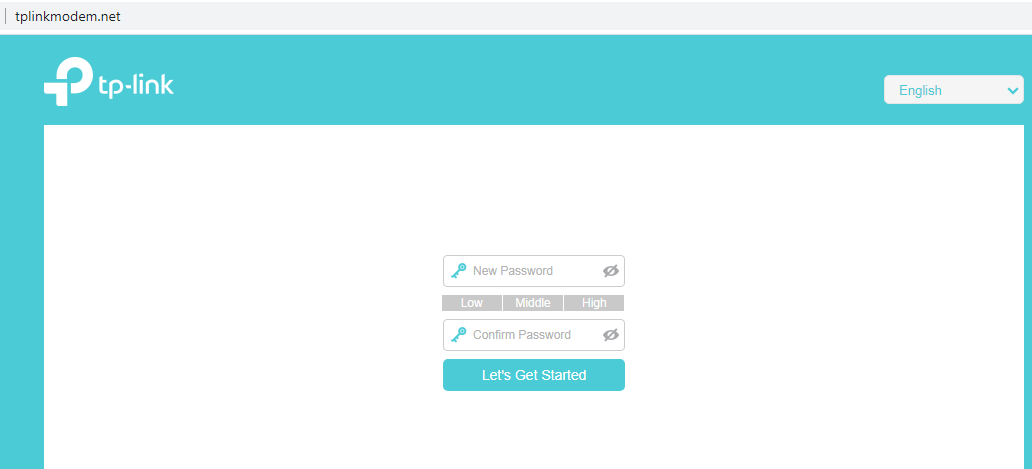How to log into the web-based management interface of TP-Link Wireless 4G LTE Router
The web-based management page is a built-in internal web server that does not require internet access. It does however require your device to be connected to the TP-Link router. This connection can be wired or wireless.
Note: Low version of your web browser may cause compatibility problems with the web-based interface (management page) of your device, such as unable to log into the interface, display incomplete features, etc. It is strongly recommended to use a wired connection if you are going to change the router’s wireless settings or upgrade the firmware version of the router.
Follow the steps below:
Here takes Archer MR600 as a demonstration.
1. Connect your computer to the router.
Method 1: Wired
Connect your computer’s Ethernet port to one of the LAN ports on Archer MR600 via an Ethernet cable.
Method 2: Wirelessly
Use the default SSID (Wireless Network Name) and Wireless Password printed on the product label of the router to connect wirelessly.
2. Launch a web browser and type in http://tplinkmodem.net. Set a strong password using 1-32 characters and click Save.

Note: For subsequent logins, use the password that you have created.
To get to know more details of each function and configuration please go to Download Center to download the manual of your product.
Is this faq useful?
Your feedback helps improve this site.
TP-Link Community
Still need help? Search for answers, ask questions, and get help from TP-Link experts and other users around the world.


